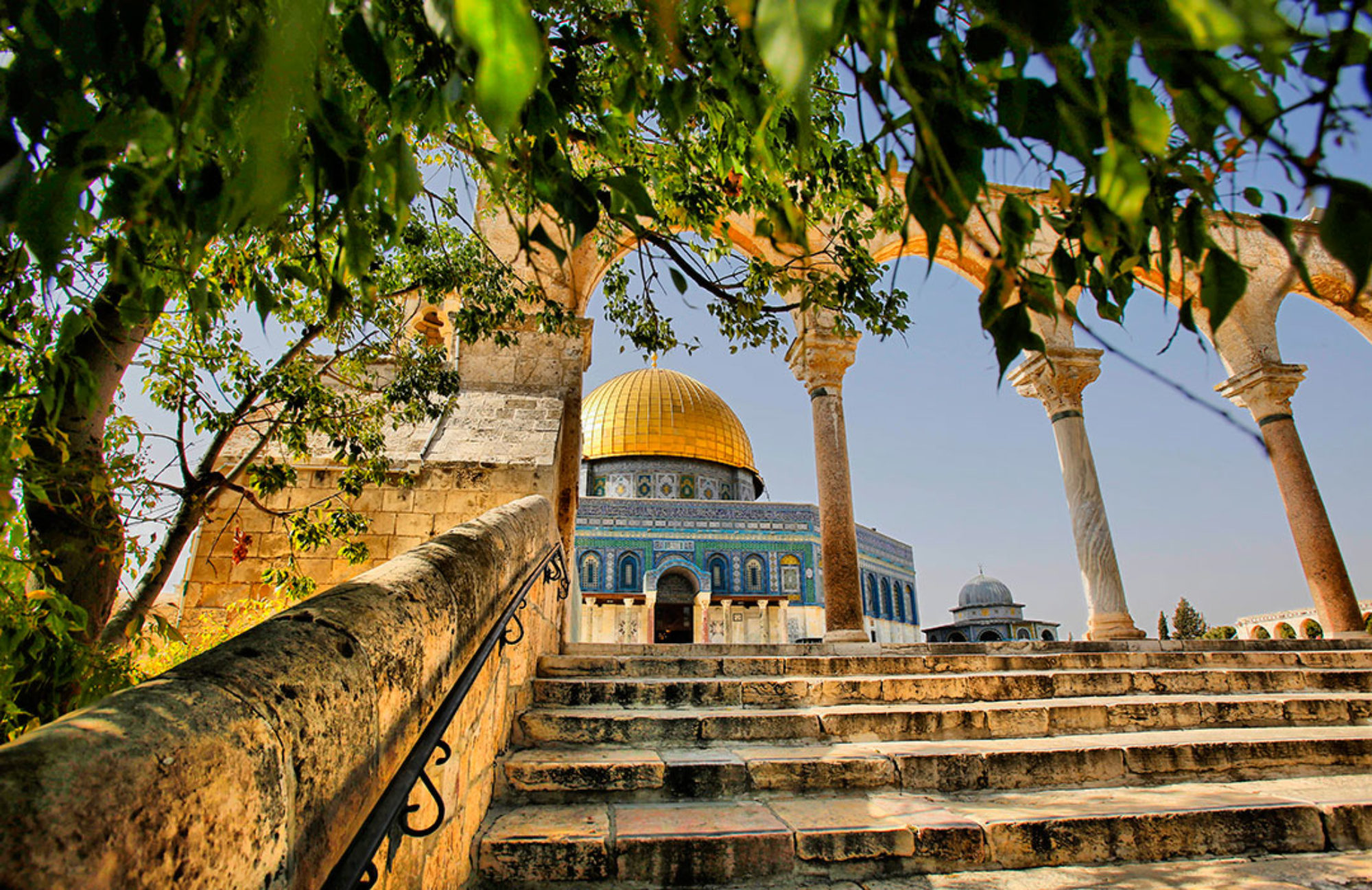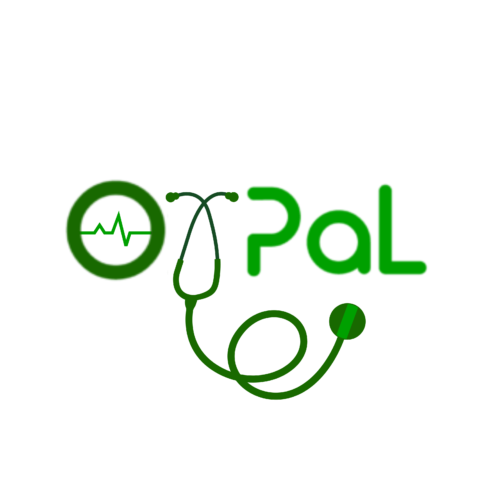Beginning around the turn of the century, senior clinicians from University of Oxford began making annual visits to clinical schools in Palestine – particularly Al Quds Medical school – to provide bedside teaching and help administer/ externally validate finals examinations. In 2011, some Oxford medical students were invited onto this trip and they observed barriers to the delivery of high-quality medical education in this austere environment. This inspired them to develop the OxPal Medlink (OxPal 1.0) project to help augment the learning experience of students in this austere environment.
The model was a virtual classroom approach in which tutorials were conducted between Oxford tutors and Palestinian students. This utilised existent web-based distance-learning technology pioneered by MedicineAfrica. Launching its first tutorials in March 2012, the project delivered high quality teaching to over 300 students in Gaza and the West Bank over 3 years. Delivering around 2 tutorials a week, across 4 clinical specialties. The initial scheme lasted for a total of four years. This scheme was operating at a time before significant internet penetration in Palestine, and before the modern proliferation of remote learning/ conferencing software.
Oxpal relaunched – OxPal 2.0
In 2018, the obstacles to delivering high quality clinical education in the West Bank and Gaza Strip were largely unchanged. The positive impact of supplementary clinical teaching from Oxford clinicians was proven extensively by the first rendition of this organisation. It was further confirmed by an overwhelmingly positive response to a needs-assessment of >120 students in the West Bank and Gaza Strip with 89.4% of respondents agreeing or strongly agreeing with the concept of online distance-learning tutorials offering an effective method of teaching and 99.2% believing they could access an online platform for weekly tutorials.
The new model, focuses on locally-determined educational needs, involves a wider network of students/tutors outside of Oxford and uses more up-to-date technological capacity. It operates on a much larger scale and uses a far broader number of tools and methods developed in-house to promote medical education in Palestine. By conducting a needs-assessment prior to launch we were able to identify a number of areas we could Improve the previous model and narrow down which topics and styles of teaching the students believe would best fit their needs.
Some of the members of the original project serve on the new organisation’s advisory board or consult ad-hoc, providing the institutional memory and strategic advice required to help continually guide the project towards success.
The new organisation (OxPal 2.0) was founded by current board member Osaid Alser (Gaza) and our chairman Kiran Saini (Oxford). It arose from Dr. Alser’s own experience at medical school in Gaza. The two stood up the entire organisation from scratch – using the branding of the original organisation now with a much larger vision & mission, made possible by the technological leaps made in the intervening years. A single lecture in the first year attracted as many students as all those taught by OxPal 1.0 in 3 years! Expansion was made into diverse fields such as VR education and public health campaigns.
We continue to be led by students at Oxford University who have a passion for improving the medical education of those in Palestine and thus the future care of those patients in the West Bank and Gaza.
This project continues to aim to deliver a year-round education platform to allow a mutual partnership. We take any available route to help improve clinical preparedness and confidence of medical students in the West Bank and Gaza, and in the long term this should improve clinical and research outcomes in the region.
We are currently on our fourth generation of leaders in this project. Having passed the baton from Osaid & Kiran (Gen. 1) to Rebecca Conway-Jones & Rebecca Jurdon (Gen. 2) then Ayesha Musa (Gen. 3) and now Tabitha (Gen. 4). The work of each generation is mapped across the annual reports and other information on this site. We are proud that each previous generation stays actively involved to mentor and support the next. Every single former director is still actively involved despite being spread across the world. It speaks to the passion we all have for seeing this project continue to succeed. We are excited for the future of the project and welcome any and all to help us achieve our goals.

